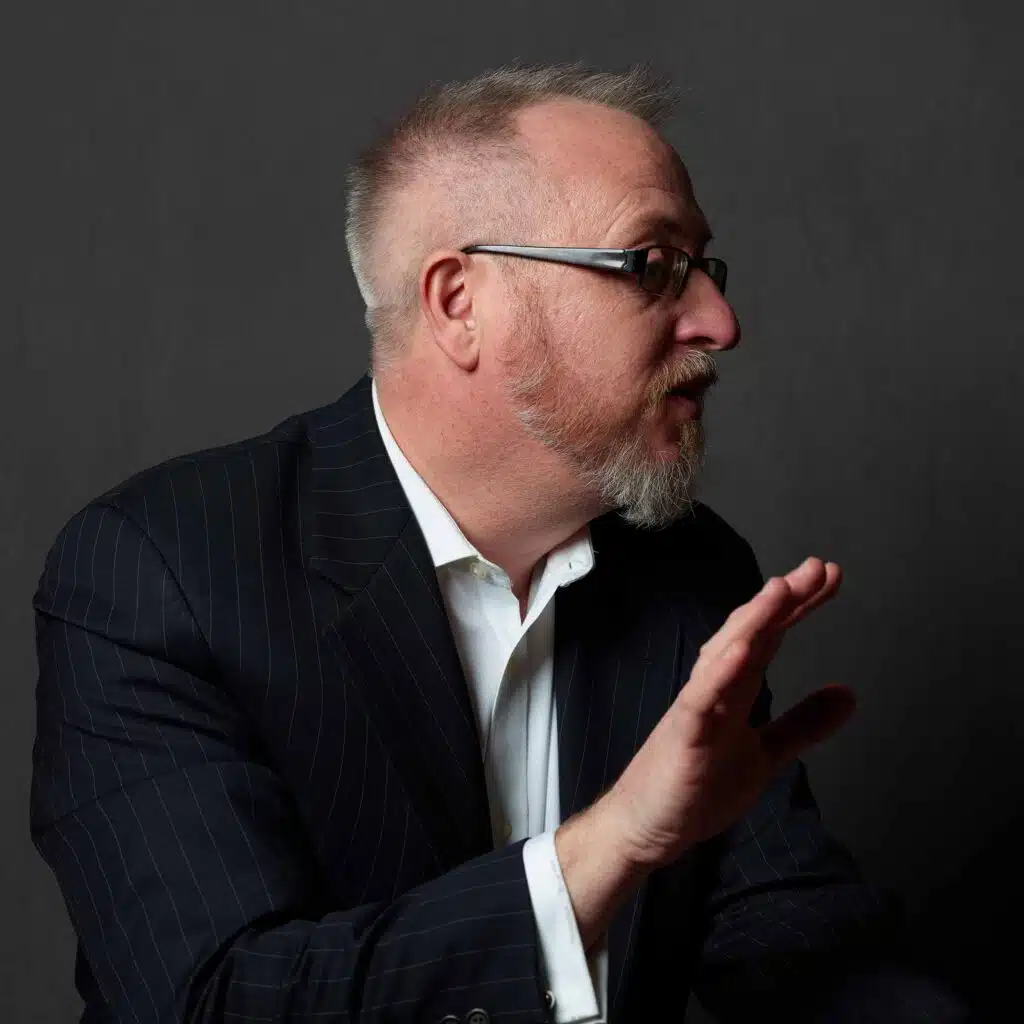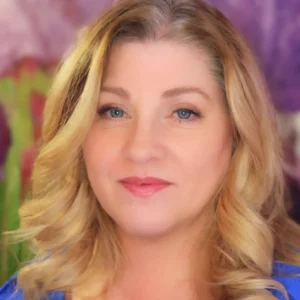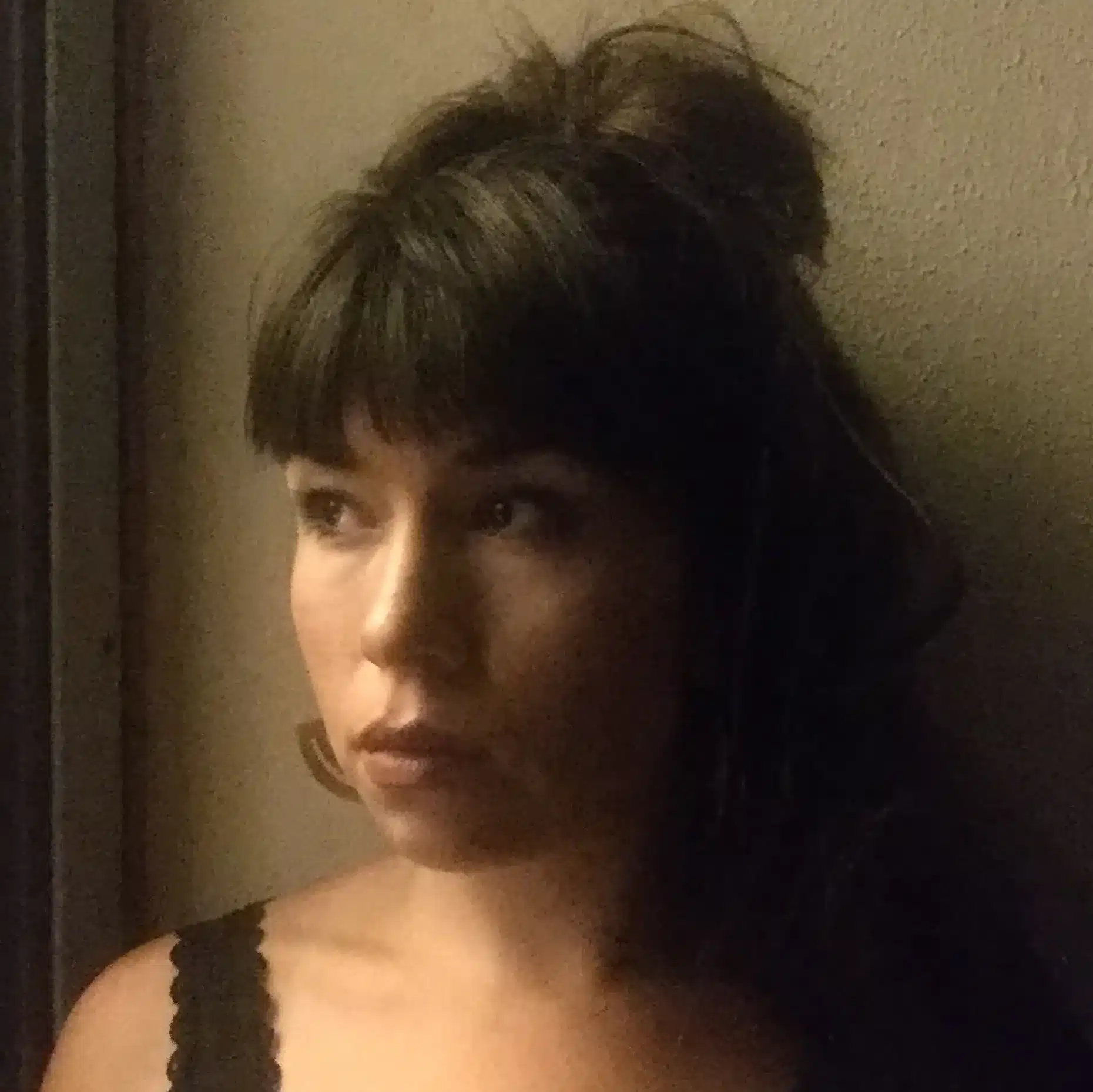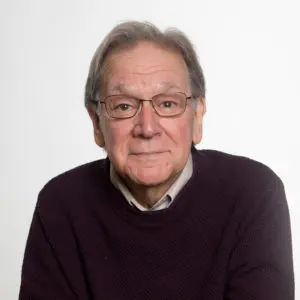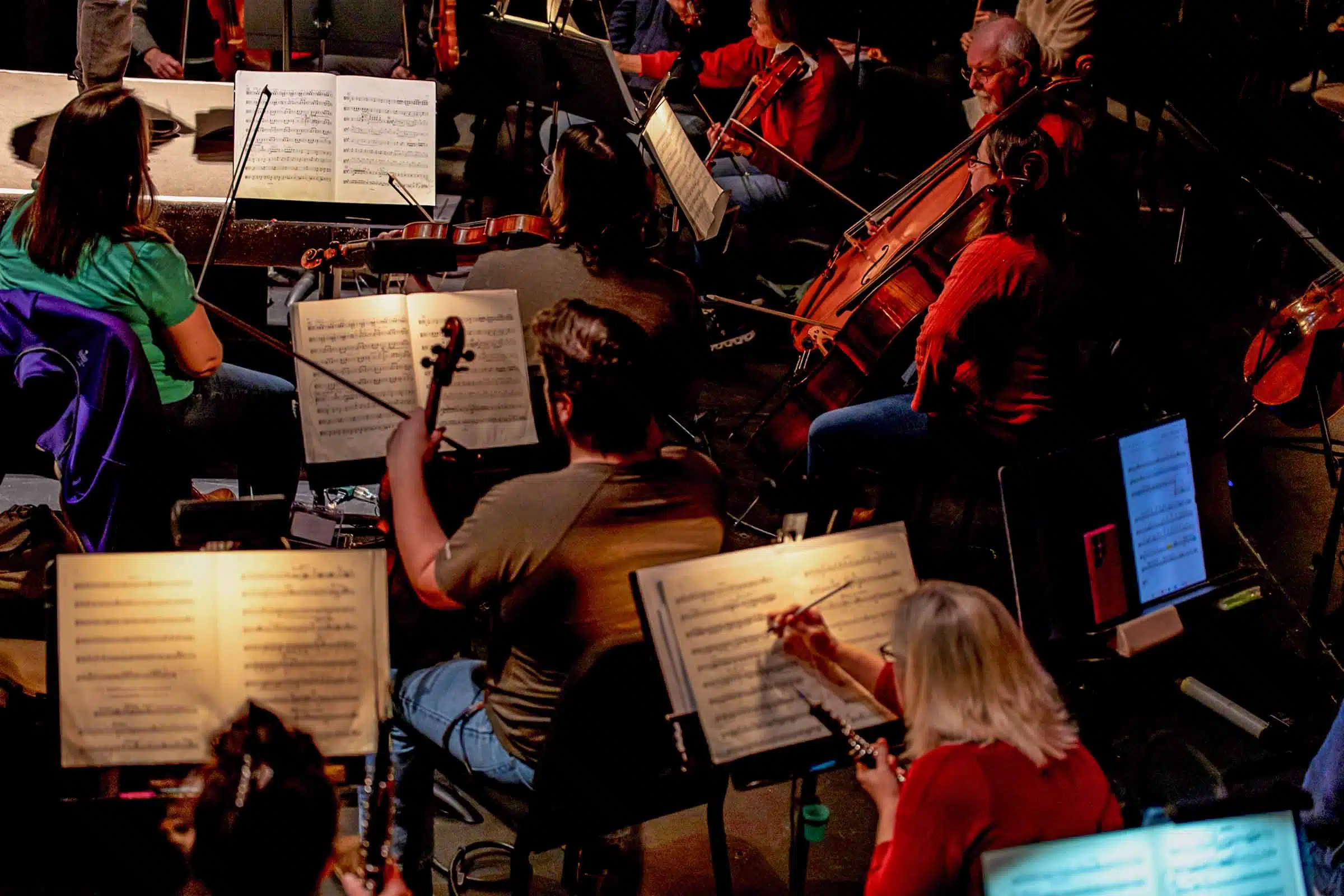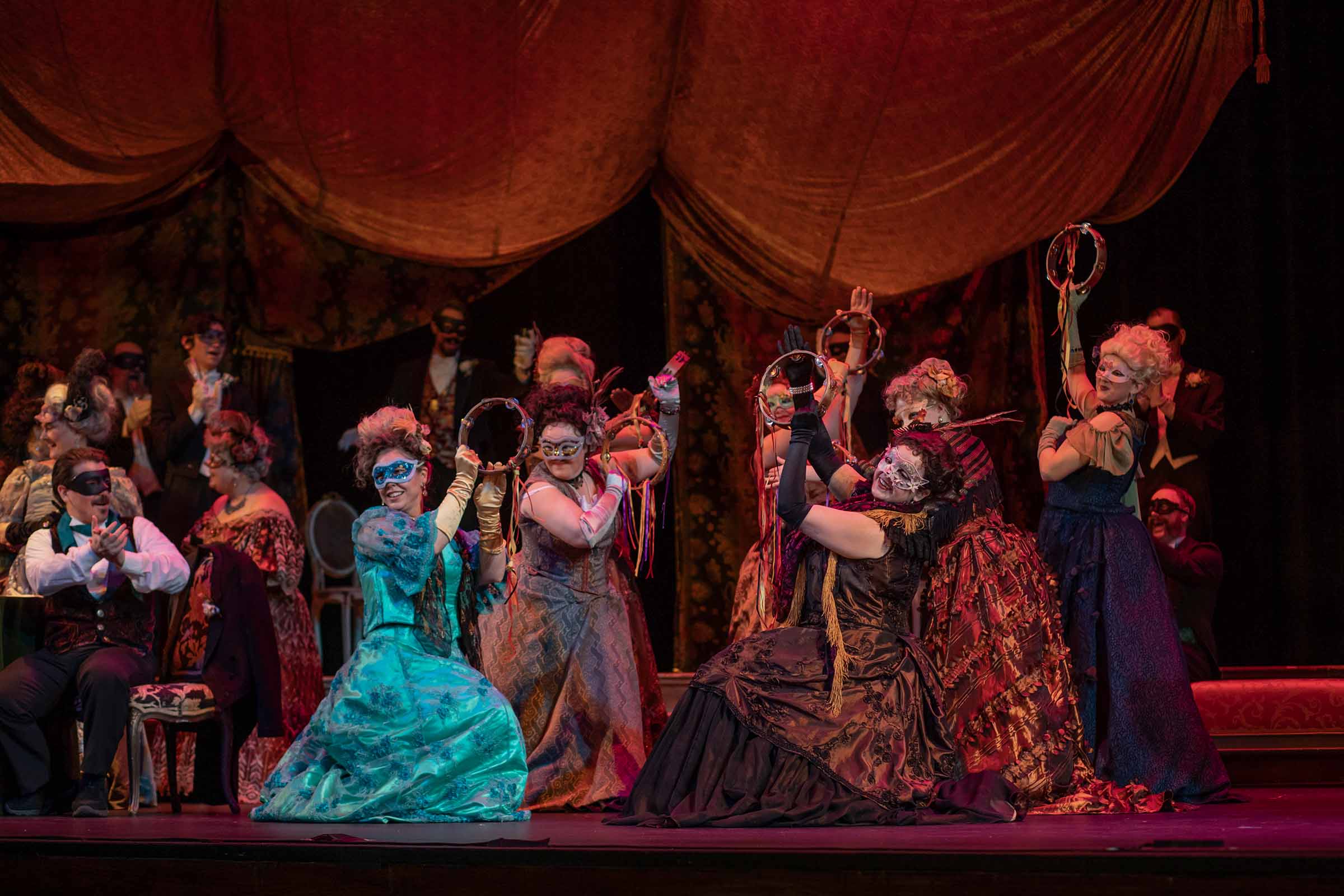Mission
Mission
Eugene Opera’s mission is to produce artistically excellent opera and engage our community in that effort.
Vision
To increase audience engagement, support local and emerging artists, and enrich the lives of youth through education.
Land Acknowledgement
Eugene Opera is located on lands ceded by the antecedent tribes and bands of the Confederated Tribes of the Grand Ronde Community of Oregon under the Willamette Valley Treaty of January 22, 1855. We welcome you to explore their website to learn about their history and who they are today: granderonde.org.
History
Since 1977, Eugene Opera has presented professional opera in western Oregon, staging many of the world’s best-known operas and some of the best new operatic works.
In 1976, Artistic Director Philip Bayles and over 100 volunteer musicians, singers, stagehands and opera fans combined their efforts to bring opera to Eugene, Oregon. The first production Carmen played to a “full house” of 600 attendees in a local high school auditorium. A local newspaper reporter remarked, “It’s a first effort to be proud of, for it has proven that Eugene is loaded with high-quality musicians and opera-hungry concertgoers.” In 1982, Eugene Opera became a resident company in the newly opened Hult Center for the Performing Arts.
Eugene Opera has been profiled nationally on National Public Radio and in Opera News, and enjoyed a cameo appearance by humorist Dave Barry in his only operatic role. In recent years it has also received favorable notice for its productions of modern operas.
Eugene Opera helped launch the careers of such current opera stars as Deborah Voigt, Susan Graham, Stephen Mark Brown, Kelley Nassief, Gregory Turay, Lucas Meacham, and Joelle Harvey. Today’s productions regularly feature stars from great opera houses worldwide, including the Metropolitan Opera. They also continue to feature emerging stars, particularly those from the Pacific Northwest.
Eugene Opera has regularly conducted educational outreach programs that bring opera to students and classrooms throughout the surrounding Lane County area. Currently, it introduces high school students to opera through the Eugene Opera Academy.
In 2015-16, Eugene Opera began to program chamber operas, which proved both popular and artistically successful, receiving high praise both in local reviews and in Opera News.
More recently, Eugene Opera’s recent seasons featured sold-out performances of María de Buenos Aires, the Company’s first Spanish language opera, as well as As One, its' first opera composed by a female composer, Laura Kaminsky, with libretto by Kimberly Reed and Mark Campbell.
Eugene Opera offered a number of online offerings during the pandemic, and was thrilled to return with a full season in 2021-2022, featuring the operas Lucy and The Magic Flute.
Past Productions
1977 — Carmen
1977-78 — The Maid as Mistress, HMS Pinafore, Don Giovanni
1978-79 — The Pirates of Penzance, The Barber of Seville
1979-80 — Rigoletto, Gianni Schicchi, The Impresario
1980-81 — The Mikado, Amahl and the Night Visitors, Pagliacci/Pulcinella
1981-82 — Patience, Così fan tutte, Madama Butterfly
1982-83 — La bohème, Die Fledermaus, Don Pasquale, Yeoman of the Guard
1983-84 — Die Fledermaus, The Magic Flute, La Traviata
1984-85 — Faust, Cinderella, Tosca, The Pirates of Penzance
1985-86 — Madama Butterfly, Hansel and Gretel, Carmen
1986-87 — The Barber of Seville, The Merry Widow, The Medium, The Mikado
1987-88 — Tosca, The Daughter of the Regiment, Tartuffe, The Marriage of Figaro
1988-89 — La Bohème, The Elixir of Love, Così fan tutte
1989-90 — Cinderella, Gianni Schicchi, Pagliacci
1990-91 — The Barber of Seville, Rigoletto, Madama Butterfly
1991-92 — Candide, Romeo and Juliette
1992-93 — The Impresario, The Telephone, The Face on the Barroom Floor
1993-94 — Cavalleria Rusticana, Tosca, HMS Pinafore
1994-95 — Gianni Schicchi, La Traviata, The Pirates of Penzance
1995-96 — Carmen, La Bohème, Trial by Jury
1996-97 — The Magic Flute, Lucia di Lammermoor, The Mikado
1997-98 — Die Fledermaus, Don Giovanni, Porgy and Bess
1998-99 — Madama Butterfly, Opera Under the Stars, The Barber of Seville
1999-00 — Aida, Le nozze di Figaro, Turandot
2000-01 — La Cenerentola, Così fan tutte, The Mikado
2001-02 — Tosca, La Traviata, Susannah
2002-03 — Pagliacci, La Bohème
2003-04 — Carmen, HMS Pinafore
2004-05 — Die Fledermaus, Belle Voci Competition, Rigoletto
2005-06 — Belle Voci Competition, The Barber of Seville, Hansel and Gretel
2006-07 — The Pirates of Penzance
2007-08 — The Magic Flute, Madama Butterfly, The Art of the American Diva
2008-09 — Orpheus in the Underworld, Il Trovatore, Don Giovanni
2009-10 — Le nozze di Figaro, Faust
2010-11 — La bohème, The Mikado
2011-12 — Carmen, Nixon in China
2012-13 — The Pirates of Penzance, Dead Man Walking
2013-14 — La Traviata, The Girl of the Golden West
2014-15 — The Elixir of Love, Sweeney Todd: The Demon Barber of Fleet Street
2015-16 — The Turn of the Screw, Lucia di Lammermoor, Eugene Onegin, Little Women
2016-17 — Much Ado About Nothing (Béatrice et Bénédict); Opera Trio: Aida (Act 1), Dialogues of the Carmelites (Act 3), Die Fledermaus (Act 2)
2017-18 — The Barber of Seville, María de Buenos Aires
2018-19 — HMS Pinafore, As One
2019-20 — the little match girl passion, New Year's Celebration, Tosca (cancelled due to COVID-19)
2020-21 — Diva Cage Match (virtual), New Year's Eve Special (virtual)
2021-22 — Madama Butterfly in the Garden, Lucy, The Magic Flute
2022-23 — La bohème, Acis and Galatea
Board of Directors
Officers:
Ashley Hastings, President
EO Board President Ashley Hastings first served on the Eugene Opera board from 2016 to 2021; he rejoined the board in 2023. He has been an opera fan for many years, attending his first opera, Parsifal, in 1959. He believes that opera is the pinnacle of the performing arts and an essential component of Eugene’s identity. Despite having seen many operas by international companies, one of his favorite opera moments comes from Eugene Opera’s 2015 performance of Lucia di Lammermoor.
Ashley is a Professor Emeritus at Shenandoah University and, during his career, he created one of the first online master’s programs for teaching English as a second language. He holds a Ph.D. in Linguistics from Indiana University. In addition to his love of opera, Ashley enjoys baseball and is a self-described “incurable Washington Nationals fan.”
Victor Congleton, Vice President
EO Board Vice President Victor Congleton joined the Eugene Opera board in 2019. While he remembers Bizet’s Carmen as his first opera, Vic was really blown away by Verdi’s Rigoletto, as it demonstrated “the emotional power of narrative, multiple simultaneous emotional experiences, vocal music, orchestral music and staging combined.” He believes Eugene deserves to experience art, and opera, like that on a regular basis.
Vic retired from a long career in public child welfare, having served in a variety of roles throughout the Willamette Valley. Beyond opera, Vic also enjoys baseball, reading, and visual art.
Ashly Lilly, Secretary
EO Board Secretary Ashly Lilly joined the Eugene Opera board in 2022. She is passionate about how the arts, in all their many forms, benefit communities. Her first opera was Leoncavallo’s Pagliacci, and she enjoys how opera can be representative of what we love, what we experience, and what connects us.
Ashly is an aerial performer and coach, the Executive Director of Revelers Contemporary Circus, and the Communications Coordinator for the University of Oregon’s Division of Graduate Studies. She holds an MNM and a Graduate Certificate in Arts Management from UO and a BJ in Strategic Communication from the University of Missouri-Columbia.
Barbara Wheatley, Treasurer
EO Board Treasurer Barbara Wheatley first served on the Eugene Opera board from 2016 to 2021; she rejoined the board in 2025. Barb has a Ph.D. in Linguistics from Indiana University and M.S. in Computer Science from the University of Wisconsin-Milwaukee.
Before retiring and moving to Eugene, Barb helped develop speech and language technologies for the National Security Agency and Texas Instruments. Before that, she taught Linguistics and English as a Second Language at the University of Wisconsin-Milwaukee.
In Eugene, Barb has indulged her long-time love of opera and classical music, working as a volunteer and board member for Eugene Opera and now, Chamber Music Amici. She loves reading, especially science fiction and mysteries, participating in study groups at the Osher Lifelong Learning Center, and hiking the beautiful Ridgeline Trails with her husband.
Directors:
Rosaria Haugland
Rosaria Haugland is a longtime supporter of Eugene Opera. She was the first in her family to graduate from college and went on to earn doctoral degrees in both microbiology and biochemistry. Rosaria and her husband Dick formed biotech company Molecular Probes in 1975, which they built into the leading provider of fluorescent dyes for scientific and biomedical research.
Since her retirement, Rosaria has dedicated her life to volunteer work and philanthropy, including the creation of Ophelia’s Place in Eugene.
Mary Meacham
Mary Meacham joined the Eugene Opera board in 2018. While she has traveled widely and attended many performing arts productions, she did not focus on opera until moving to Eugene. Her first opera was Mozart’s Magic Flute at the Metropolitan Opera in New York, and her favorite Eugene Opera production was As One. She appreciates opera’s unique storytelling. “Eugene is lucky to have a professional opera company that has a well-earned reputation for classic and experimental productions offering employment to local talent,” Mary said.
Mary went to graduate school in Michigan and had a career in nonprofit financial administration in New York, where she raised her two children. She and her husband, who she met while serving in the Peace Corps in Turkey, retired to Eugene in 2008.
Ann Musgrove
Ann Musgrove has a long history with Eugene Opera, as she was one of the audience members of EO’s very first production: Carmen at Sheldon High School in 1977. She became a board member in those early days, as well as a member of the Opera Guild until its disbandment. She rejoined the board in 2024. Ann’s first opera was Puccini’s Madama Butterfly. “Although I didn’t understand a word, the music and drama really appealed to me, and I can still remember it. This is where my imagination and love of music, dance, and drama was born,” she said.
Ann has a diverse background. She was one of the first woman computer programmers in San Francisco, has sold real estate in Eugene, and worked for the UO Duck Athletic Fund during its founding before becoming the Director of Development for the UO Foundation. When she’s not enjoying opera, Ann is reading mysteries or historical works, sharing her cooking, volunteering her time, or attending recitals and following the progress of her School of Music scholarship recipients.
Ruth Obadal
Ruth Obadal joined the Eugene Opera board in 2019. Ruth’s first opera was Die Fledermaus, which she attended while studying piano and music theory at the University of Kansas. “Opera has the power to evoke the deepest emotions more than any other art form. The music is what drives it and makes it magical for me,” Ruth said.
Ruth retired from a 34-year career in fire and emergency services, including a ten-year role as the Planning Chief for Eugene Fire & EMS, and still works to advance fire department accreditation throughout North America. In addition to her service to Eugene Opera, Ruth volunteers with the Cat Rescue and Adoption Network and has been an active member of the Oregon Track Club since 1996.
Joel Sati
Joel Sati joined the Eugene Opera board in 2024. He is passionate about the arts and appreciates how “opera’s unique blend of music, drama, visual arts, and storytelling creates an immersive and emotionally powerful experience.” His first opera was Wagner’s Die Meistersinger von Nürnberg. Sati recognizes how individual artistic choices can elevate and breathe new life into the classics. He believes that opera is critical to our community’s cultural vibrancy and artistic diversity, as “opera entertains, educates, and inspires audiences while preserving a timeless art form.”
Sati is an Assistant Professor of Law at the University of Oregon School of Law and teaches Criminal Law and Crimmigration (the intersection of criminal law and immigration). He holds a PhD in Jurisprudence and Social Policy from UC Berkeley and a JD from Yale. In his free time, Sati enjoys powerlifting, standup comedy, and being something of a movie afficionado.
Sharon Schuman
Sharon Schuman joined the Eugene Opera board in 2024. A long-time violinist with the Eugene Opera Orchestra, she has also performed with the Eugene Symphony, Oregon Bach Festival, Eugene Ballet, Eugene Concert Choir, Oregon Mozart Players, and Chamber Music Amici, which she founded.
Sharon also holds a Ph.D. in English from the University of Chicago; she has taught courses in Chaucer, Milton, and Dante. She is the author of Freedom and Dialogue in a Polarized World (U. Delaware Press, 2014).
Sharon’s first opera was Così fan tutte, which, in her words, “held every style of Mozart, my favorite composer, all in one work.” As for operas in which she has played, she says: “I think the most moving opera I ever played was Eugene Opera's Dead Man Walking, with sister Helen in the audience.”
Chorus Representative:
Chris Lamb
Alto Chris Lamb first sang in the Eugene Opera Chorus in 1982, when she responded to a help-wanted ad calling for chorus try-outs. She learned to love music as a grade-school student in Portland. Her long history with Eugene Opera makes her an essential part of our institutional memory.
Chris loves the variety of experiences that singing in the chorus provides: “With opera, you have a character to become and you have movements, sometimes choreography, sometimes dancing, and there are a lot of different things going on all at once. You might get a solo singing line or dialogue or something else to do. With opera, I found where I wanted to be.”

